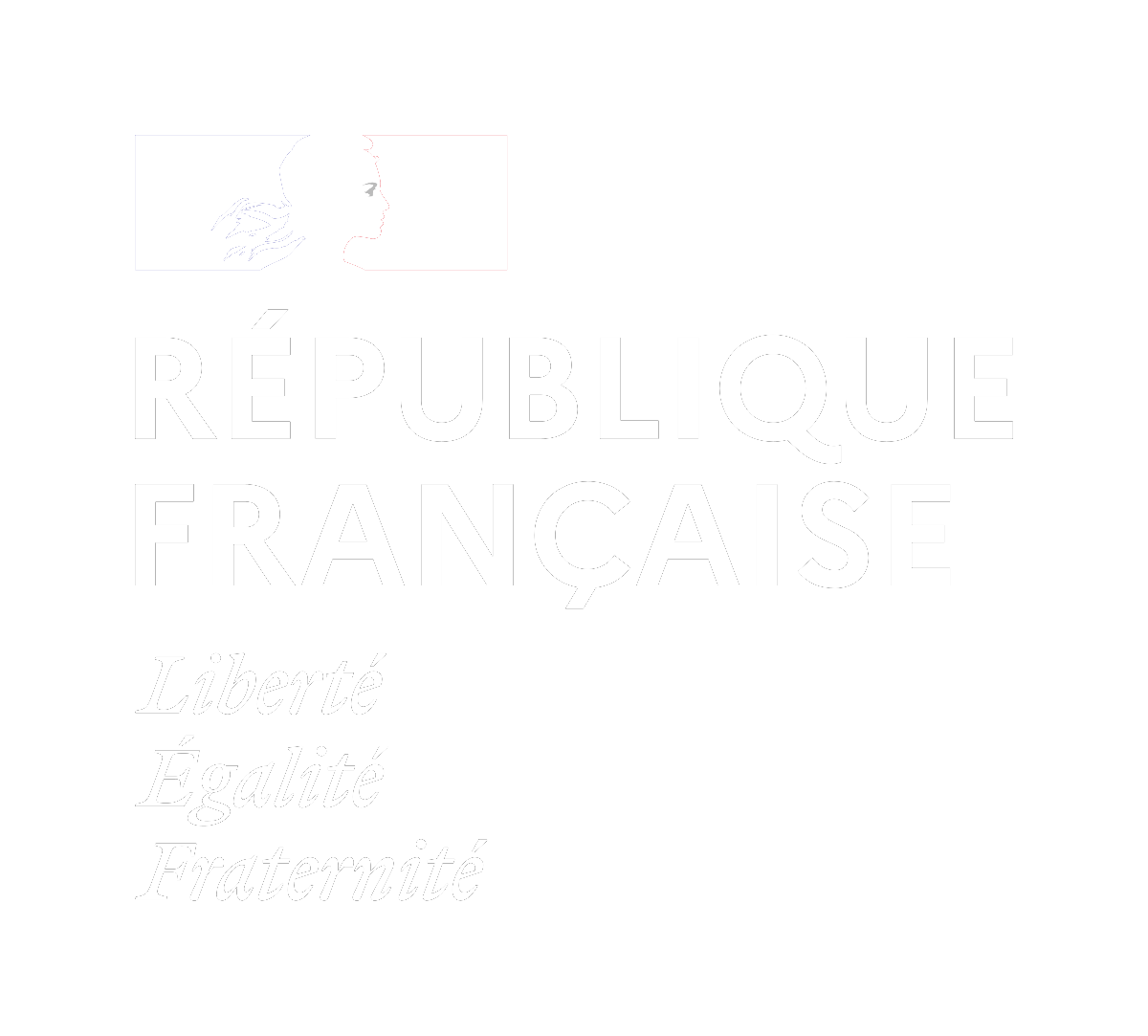
Implementing Digital Product Passports, a commitment to enhance transparency & traceability

500
products analyzed in the pilot phase.
115
certifications collected from 41 suppliers such as GOTS, GRS, OCS, RCS.
6x
increase in identified suppliers. (18 → 105, vs. 3x industry average)
"At KARL LAGERFELD, we believe transparency drives meaningful change. Launching the Open Supply Hub was the first step in openly sharing information about our factories. Partnering with Fairly Made empowers us to deepen traceability, engage with our suppliers more effectively, and better communicate our challenges and commitments to our customers as we work toward a more responsible industry."
Challenges
As part of its commitment to transparency, KARL LAGERFELD collaborated with Fairly Made® to enhance the traceability of its supply chain, measure the environmental impact of its products, and ensure compliance with regulations. The brand also aimed to digitize its supplier data and make it accessible to consumers through Digital Product Passports integrated into its e-commerce platforms and in-store experiences.
Key Objectives:
- Improve supply chain visibility.
- Ensure regulatory compliance.
- Strengthen communication on CSR commitments.
Solution
With Fairly Made, KARL LAGERFELD successfully mapped and structured its supply chain, streamlining the collection and verification of supplier data. During the pilot phase, 500 products were analyzed, enabling the identification and integration of new suppliers into the process.
An onboarding program - including webinars and follow-up sessions - accelerated supplier engagement, increasing the number of known suppliers by 6 times, which is twice the usual industry average. In parallel, a Life Cycle Assessment (LCA) was conducted to measure the environmental impact of products and optimize material selection.
Finally, Digital Product Passports were deployed, giving consumers direct access to traceability and impact information while ensuring compliance with current regulations.

Benefits
KARL LAGERFELD strengthened supply chain visibility in the first phase increasing the number of traceable suppliers from 18 to 105 (a x6 multiplication). The brand also collected 115 certifications from 41 suppliers, ensuring data reliability.
The Life Cycle Assessment (LCA) provided insights into the environmental impact across 16 indicators—covering human health, ecosystems, and resources. Enabled an in-depth evaluation of product footprints, marking a first step toward eco-design and supporting future environmental labeling efforts.
To further enhance transparency, KARL LAGERFELD implemented Digital Product Passports via QR codes and e-commerce widgets, offering consumers direct access to traceability and impact information.
KPI's
Traceability & Supply Chain
✅ 500 products analyzed in the pilot phase
✅ 6x increase in identified suppliers (18 → 105, vs. 3x industry average)
✅ 115 certifications collected from 41 suppliers such as Global Organic Textile Standard (GOTS), Global Recycled Standard (GRS), Organic Content Standard (OCS), Recycled Claim Standard (RCS)
Zoom on supply chain mapping progress:
✅ Preparation: 67% of countries mapped
✅ Transformation: 76% of countries mapped
✅ Manufacturing: 100% of countries mapped
Building on this foundation, KARL LAGERFELD aims to deepen its understanding of its supply chain by strengthening supplier engagement with every new collection. The brand also plans to further leverage Life Cycle Assessments to optimize the environmental impact of its products. Looking ahead, the insights gathered through Fairly Made will play a key role in defining and achieving future sustainability goals—marking a new chapter in KARL LAGERFELD’s responsible transformation.
success stories


.png)

%20(1).png)



.png)

.svg)